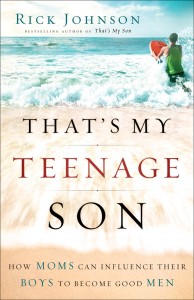I’ve read a lot of books about suffering and tragedy; I’ve also written several. Thus, I was glad to have the opportunity to review Tullian Tchividjian’s upcoming new book, Glorious Ruin: How Suffering Sets You Free for the Patheos Book Club. Countless books have been written about trials and God’s place in them, and I was curious to see if he could bring a fresh perspective to the discussion.
Tchividjian begins the book by affirming a truth that most people would rather not think about: everybody suffers. No one gets a free pass through life. I’ve often said that suffering and tragedy are a fact of life. If you live long enough, sooner or later you’re going to suffer. The only question is how badly, how long, and how often.
One thing I liked about Tchividjian’s book is that he encourages his readers to “suffer honestly,” that is, to view suffering in broad terms. Most of the time, we tend to identify suffering as experiencing “big” problems and difficulties. The problem with that kind of thinking is that we then come to believe that “God has too much on his plate for me to bother him with my petty concerns.” Then we minimize the suffering that we experience in this fallen world and do not learn how to bring it to God.
From that point, Tchividjian moves on to show us how suffering sets us free from the bondage to this world and enables us to cast ourselves on God. Late in the book, he writes, “Suffering brings us to the end of ourselves so that we place our meaning, purpose, security and sense of worth in Jesus.”
Having served as the pastor of a church for fifteen years, I have seen the truth of these words in my life and in the lives of many others. I’ve also seen what happens when God’s people are not prepared for the inevitability of suffering.
Glorious Ruin not only provides readers with a solid theology of suffering, it also helps them understand why suffering is not only inevitable, it is essential. For only through suffering do we learn to let go of this world and cast ourselves on God. It is a book that not only needs to be read, it needs to be absorbed and then applied–every day.











